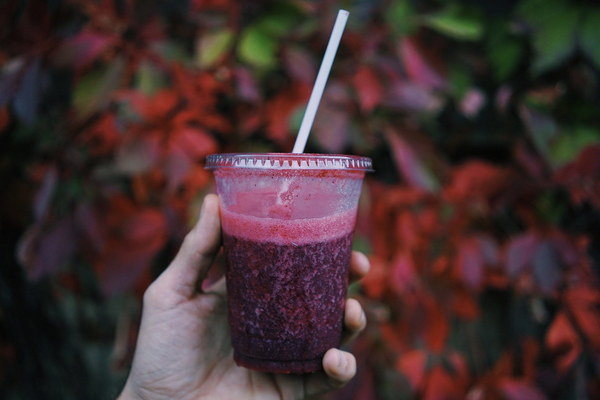Natural Remedies Nourishing Foods to Soothe Coughs and Asthma
Introduction:
Coughs and asthma are common respiratory conditions that can disrupt daily life. While medical treatments are essential, natural remedies can provide relief and support the body's healing process. Food, with its powerful nutrients, can be a valuable ally in the fight against these conditions. This article explores the benefits of certain foods that can help soothe coughs and asthma, offering a holistic approach to respiratory health.
1. Honey and Lemon:
A classic combination, honey and lemon have been used for centuries to alleviate coughs and soothe sore throats. Honey's natural antibacterial and anti-inflammatory properties help reduce coughing, while lemon's vitamin C boosts the immune system and acts as a natural cough suppressant.

To enjoy this remedy, simply mix one tablespoon of honey with a squeeze of fresh lemon juice in a glass of warm water. Sip this mixture throughout the day for relief.
2. Ginger:
Ginger is a powerful herb known for its anti-inflammatory and expectorant properties. It can help break down mucus and relieve congestion, making it an excellent choice for asthma and cough relief.
To incorporate ginger into your diet, you can add grated ginger to warm teas, soups, or smoothies. Alternatively, you can brew a cup of ginger tea by steeping fresh or dried ginger slices in hot water for 10-15 minutes.
3. Turmeric:
This vibrant spice contains curcumin, a compound with strong anti-inflammatory effects. Turmeric can help reduce inflammation in the respiratory tract, making it easier to breathe and lessening coughing.
To enjoy the benefits of turmeric, you can add it to your meals by sprinkling it on roasted vegetables, rice, or stir-fries. Alternatively, you can make a turmeric latte by mixing one teaspoon of ground turmeric with milk, a pinch of black pepper (to enhance absorption), and a sweetener of your choice.
4. Licorice Root:
Licorice root has been used traditionally to treat coughs and asthma due to its expectorant and demulcent properties. It helps to reduce inflammation and soothe the respiratory tract.
To use licorice root, you can brew a tea by steeping one teaspoon of dried licorice root in hot water for 10-15 minutes. Alternatively, you can find licorice root supplements at your local health store and follow the recommended dosage.
5. Peppermint and Eucalyptus:
These essential oils are known for their respiratory benefits. Peppermint oil can help open up airways and reduce inflammation, while eucalyptus oil has antibacterial and decongestant properties.
To use these oils, you can add a few drops to a diffuser or inhale them directly from the bottle. For a steam inhalation, add a few drops of each oil to a bowl of hot water, drape a towel over your head, and breathe in the steam deeply.
6. Chicken Soup:
Chicken soup has long been associated with comfort and healing. It contains various nutrients that can help soothe coughs and asthma, such as amino acids, electrolytes, and vitamin C.
Enjoying a bowl of chicken soup regularly can provide relief and support your body's recovery process.
Conclusion:
While medical treatments are crucial for managing coughs and asthma, incorporating these nourishing foods into your diet can provide additional relief and support your body's healing process. Experiment with these natural remedies and consult with a healthcare professional to determine the best approach for your individual needs. Remember, a balanced diet and healthy lifestyle are key components of respiratory health.









